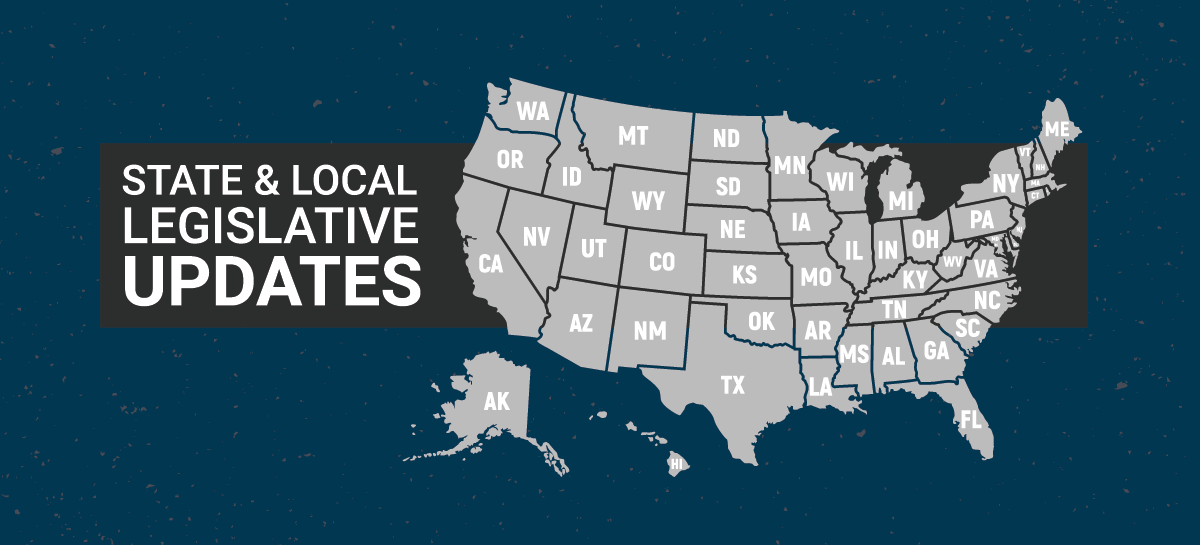
U.S. employers are forecasting average wage increases of 3.5% in 2026, consistent with 2025 levels. A recent survey, which polled over 1,500 employers in the United States, showed that 53% plan no change to their salary increase budgets, while 31% expect to reduce them. Only 15% anticipate budget increases, signaling a continued shift toward cautious compensation planning even as overall wage growth holds steady.
Continue reading





